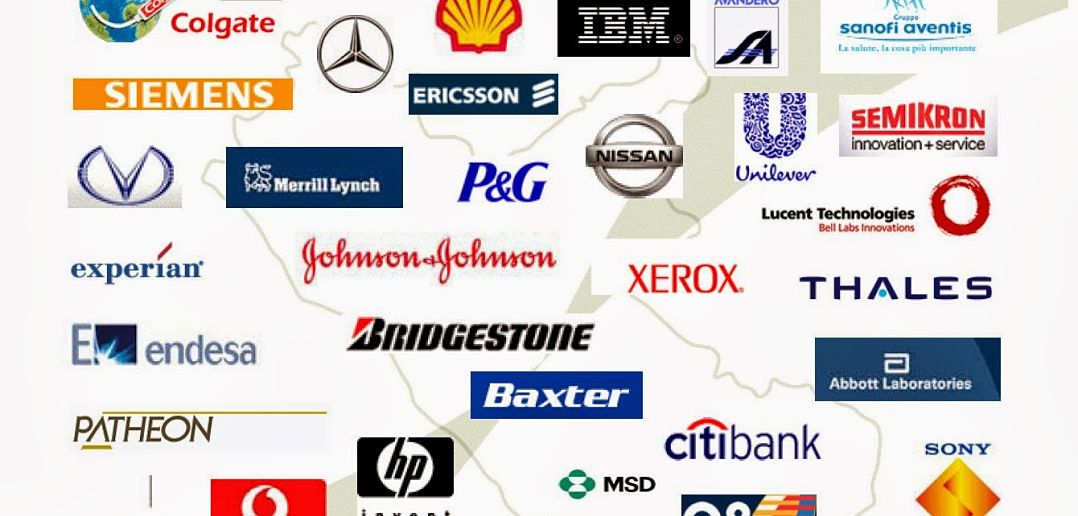Sales are hard. Multinational sales are harder. Though they come with big (and profitable) rewards, the game of multi-level sales takes a deeper dedication to the processes it takes to go from RFP to Proposal to Review. In this article, we’re going to provide 3 helpful tips that will help you level up your multinational sales game.
Do As Much Research As Possible
Generally speaking, a little bit of research is done in nearly every sales process. For most of us, that’s the initial call with a potential client. On the corporate and global scale, you need to do your research before you submit anything (or even contact) the potential client. The reality is that the bigger the company is, the more people they have applying for the same contract. These clients don’t want to waste time talking to twenty or more contractors and sharing their life stories. By the time they are looking for a contract, they are ready to make a decision and find a solution for their project.
To help yourself stick out from the pile of applicants knocking on the door, do your research. When you think you have done enough, do more. Look for information like:
- Their locations
- Their executives
- The products they’re using
- The partners they have
- The clients they service
- Their investments
- Their public records
- Their BBB ratings
You can find the majority of this information through services like Sayari or Crunchbase.
Know Who the Decision Makers Are
When companies are smaller, it’s easier to take a stab at who the decision-maker is- in fact, it’s easier to just ask. If you’re doing multinational sales, you’re going to run into many situations where it’s not within your stomping ground to ask who the decision-makers are. The best you can do is do your research beforehand. Use tools like LinkedIn to identify who owns the company, who works for the company, and most importantly: Who you’ll be talking to.
Beneficial owners are members of the business that own at least 25 percent of the stock or voting rights within a company. Far too often, salespeople overlook the simple reality that even if they’re talking to someone ‘high up the food chain’ that doesn’t always give the client the buying power. More often than not, major financial decisions are going to require the approval of all of the beneficial owners in order to be rolled out on a multinational level.
Have a Clean Record
When it comes to making decisions for the business globally, it’s important for potential buyers to spend more time doing financial research on the people that apply for their contracts. Don’t attempt to enter the big-buyer’s world without a clean credit history and financials that make sense. For companies that are going to be processing payments internationally (in sizeable amounts) it’s important that the contractors they work with have a good credit standing and a clean payment history.
In the same light, be crystal clear about your reputation as a business and your financial systems. Have an answer for every cost question possible. If you’re putting the numbers on another team member and waiting for a response, you’re wasting precious time in front of the client.
Conclusion: Different Worlds Require Different Tactics
When you’re making the jump from five thousand dollar contracts to twenty thousand dollar contracts, you need to change your approach and triple your research. The price tag of working on multinational contracts is high and applicants and salespeople alike need to be ready to prove their worth with pungent statements that are easy to understand.
What’s your biggest tip for someone entering the world of enterprise sales? What do you wish you’d known? Likewise, what are your curious about? Share your story in the comments.



